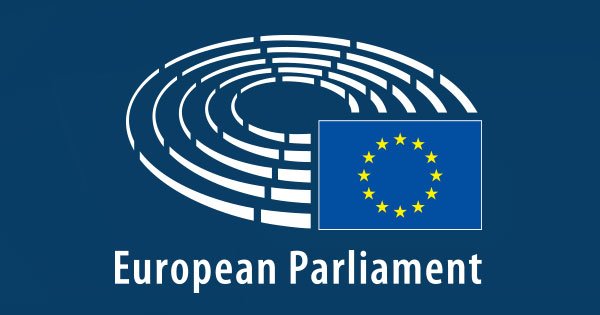www.europarl.europa.eu
Member states should collectively ensure a reduction of energy consumption of at least 11.7% at EU level by 2030 (compared to the projections of the 2020 Reference Scenario). A robust monitoring and enforcement mechanism will accompany this objective to make sure member states deliver on their national contributions to this binding EU target.
MEPs and the Council Presidency also agreed on annual energy savings by member states of 1.5% (on average) until 2030. The annual energy savings will begin with 1.3% in the period until the end of 2025, and will progressively reach 1.9% in the last period up to the end of 2030.
The targets should be achieved through measures at local, regional and national levels, in different sectors – e.g. public administration, buildings, businesses, data centres, etc. MEPs insisted that the scheme should in particular cover the public sector, which will have to reduce its final energy consumption by 1.9% each year. Member states should also ensure that at least 3% of public buildings are renovated each year into nearly-zero energy buildings or zero-emission buildings. The agreement also establishes new requirements for efficient district heating systems.
Quote
Rapporteur Niels Fuglsang (S&D, DK), said: “I am very happy that we succeeded in pushing member states towards far more ambitious energy efficiency targets. It is of utmost importance that we will no longer depend on Russian energy in the future, while still achieving our climate…
